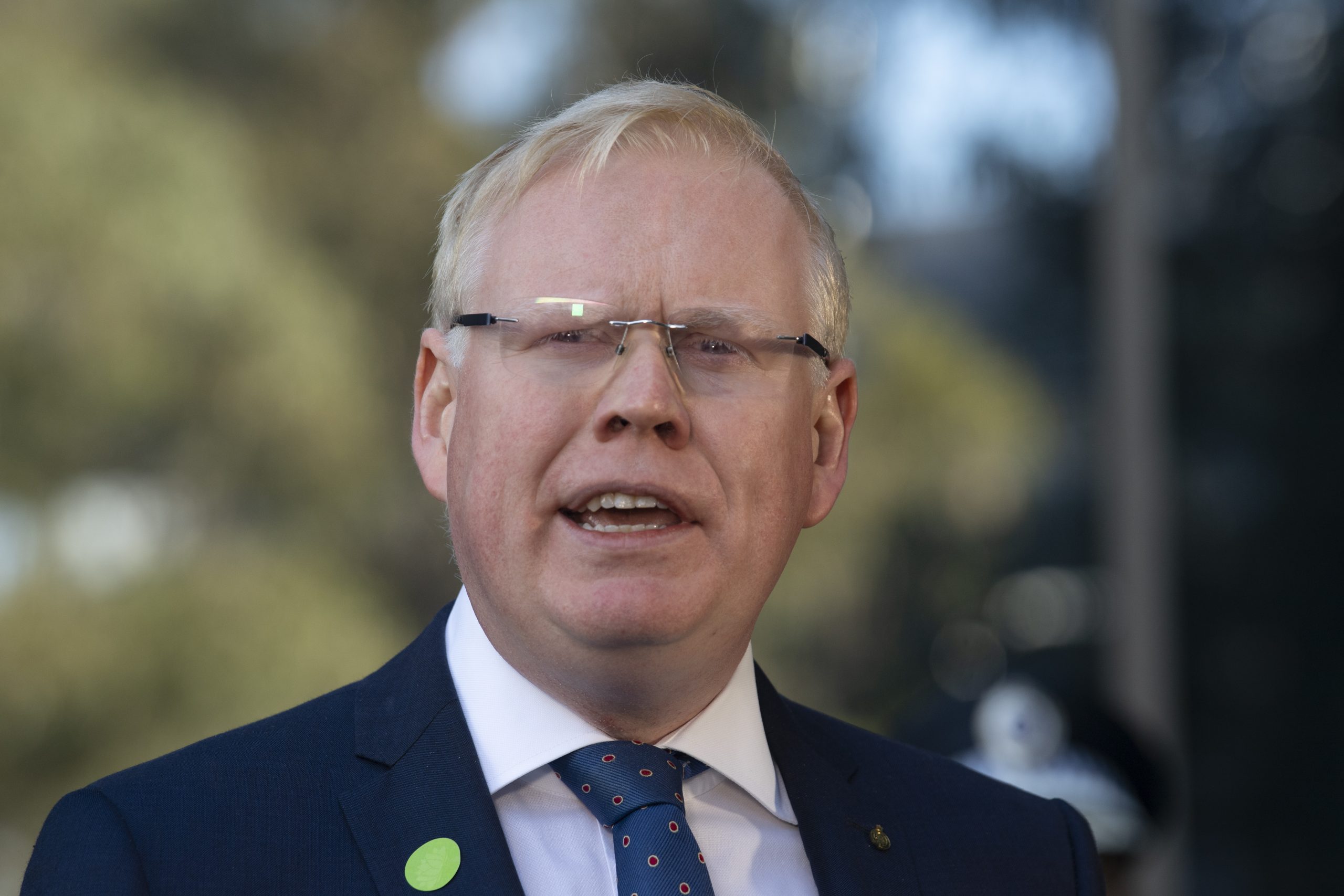One in three Australian men have admitted to committing intimate partner violence, new world-leading research has found.
The Australian Institute of Family Studies’ Ten to Men study is the biggest of its kind.
In 2013-2014, it began monitoring about 16,000 boys, and a decade later added a further 10,000 men to the research.
READ MORE: Aussie ex-cop slapped down over deportation claims

Intimate partner violence or IPV is defined as physical and emotional abuse.
When first surveyed in 2013-2014, around one-in-four men reported having used IPV, with this number increasing to one in three from the same cohort of men by 2022.
Emotional-type abuse was the most common form of IPV, with 32 per cent of men in 2022 saying they’d made an intimate partner feel “frightened or anxious”.
Men with moderate or severe depression were 62 per cent more likely to display IPV by 2022, compared to men without these symptoms.
But the research also found men who experienced strong social support and an affectionate paternal relationship were less likely to abuse partners.
Men who reported high levels of social support were 26 per cent less likely to report using IPV.
Those who felt they had a quality relationship with a father or father figure during childhood, marked with affection, were 48 per cent less likely to report committing IPV.
READ MORE: Prominent anti-vaxxer jailed for scalping attack on pregnant cop
The Australian Institute of Family Studies says it hopes the study’s findings will prompt state and federal governments to tackle IPV.
“This unique data set, following men over a ten-year period, confirms the extent of the problem,” the institute’s director, Liz Neville, said.
“With an estimated 120,000 men starting to use intimate partner violence each year across Australia, we can see more clearly how delays in effective interventions can have devastating consequences.”
Social Services Minister Tanya Plibersek said the findings were concerning, but not surprising.
“It’s critical that we look at the factors that might lead to violence so we can make sure we’re funding programs that stop it at the start,” she said.
Support is available from the National Sexual Assault, Domestic and Family Violence Counselling Service at 1800RESPECT (1800 737 732).
